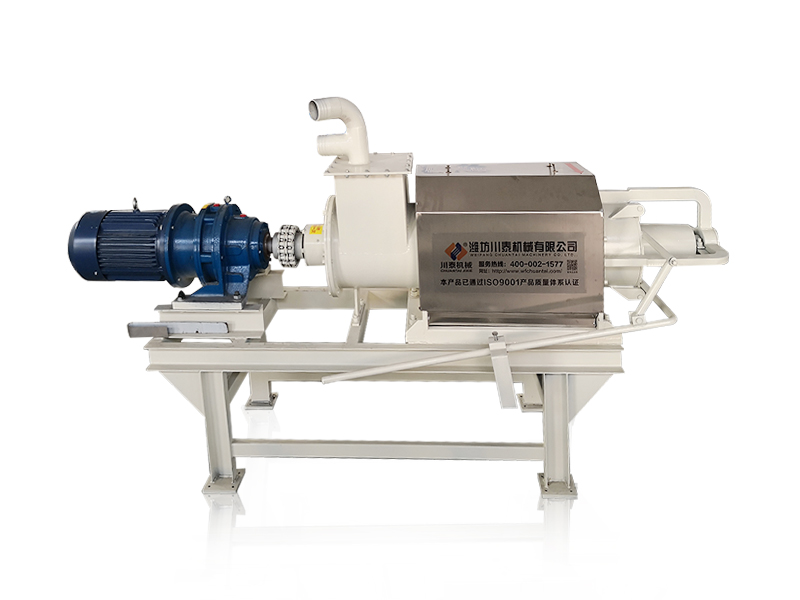
Liquid-solid separators play a crucial role in various industrial processes, contributing significantly to environmental conservation and sustainability. These separators are designed to efficiently remove solid particles from liquid streams, preventing the release of contaminants into the environment. In this article, we will explore the environmental benefits of liquid-solid separators and their role in promoting responsible industrial practices.
Pollution Prevention:
One of the primary environmental benefits of liquid-solid separators is their ability to prevent pollution. In industrial processes, liquids often carry suspended solid particles that can be harmful to the environment if released untreated. Liquid-solid separators help mitigate this risk by effectively removing these particles, ensuring that only clean liquids are discharged into water bodies or other disposal systems.
Compliance with Regulations:
Environmental regulations set stringent standards for the discharge of industrial effluents to protect ecosystems and human health. Liquid-solid separators aid industries in meeting these regulatory requirements by reducing the concentration of pollutants in wastewater. Compliance with environmental regulations not only safeguards the ecosystem but also fosters a positive relationship between industries and regulatory authorities.
Resource Conservation:
Liquid-solid separators contribute to resource conservation by allowing for the recovery and reuse of valuable materials. By separating solids from liquids, industries can recover and recycle materials that would otherwise be considered waste. This not only minimizes the environmental impact of resource extraction but also reduces the overall demand for raw materials, promoting a more sustainable approach to industrial processes.
Energy Efficiency:
Efficient separation processes can lead to energy savings in industrial operations. Liquid-solid separators that are designed with energy-efficient technologies help minimize the overall energy consumption of the separation process. This not only reduces the carbon footprint of industrial activities but also contributes to global efforts to combat climate change.
Protection of Aquatic Ecosystems:
Discharging untreated wastewater into natural water bodies can have detrimental effects on aquatic ecosystems. Solid particles in effluents can lead to sedimentation, affecting water clarity and disrupting the balance of aquatic ecosystems. Liquid-solid separators play a vital role in protecting aquatic habitats by ensuring that discharged water is free from harmful contaminants.
Conclusion:
In conclusion, liquid-solid separators serve as integral components in promoting environmental stewardship within industrial processes. Their ability to prevent pollution, facilitate regulatory compliance, conserve resources, enhance energy efficiency, and protect aquatic ecosystems makes them essential tools for sustainable industrial practices. By investing in and implementing advanced liquid-solid separation technologies, industries can contribute to a cleaner, healthier environment while meeting the demands of modern production processes.




If your company wants to establish a business relationship with us, please briefly describe the cooperation intention and send an email to:chuantaiscrewpress@gmail.com























































































![[list:title]](/static/upload/image/20240528/1716877114510915.jpg)